Out-of-Control Concrete Trowel Machine: Causes and Solutions
Concrete trowel machines are essential equipment in construction projects, used for smoothing and finishing concrete surfaces. These machines significantly enhance productivity and efficiency in the construction industry.
However, there are instances when a trowel machine goes out of control, posing significant risks to workers, property, and project timelines. Understanding the causes behind such incidents is crucial to prevent accidents and ensure the safe operation of these machines.
In this topic, we will explore the causes of an out-of-control concrete trowel machine, including mechanical failures, operator errors, and environmental factors.
Concrete trowel machine
A concrete trowel machine, also known as a power trowel or helicopter, is a construction tool used to provide a smooth and level finish to concrete surfaces. It consists of rotating blades or pans that spin rapidly, allowing for efficient and consistent concrete finishing.
The problem out of control
While concrete trowel machines are essential for achieving high-quality concrete finishes, there can be instances where the machine goes out of control. This can pose significant safety risks to workers on the construction site and result in poor-quality concrete finishing.
Purpose of the outline
The purpose of this outline is to provide a structured approach to understanding and addressing the issue of an out-of-control concrete trowel machine. By identifying the causes and offering potential solutions, we aim to promote safety, improve work efficiency, and ensure the successful completion of concrete finishing projects.
Contents
Causes of a Concrete Trowel Machine Going Out of Control
Mechanical failures
- Mechanical failures can significantly contribute to a concrete trowel machine going out of control.
- One common cause is engine malfunction, where sudden shutdowns or power loss can disrupt the machine’s stability and operation.
- Additionally, gear or belt failure can affect the trowel machine’s functionality, leading to a loss of control.
- Problems within the hydraulic system, such as leaks or malfunctioning valves, can also compromise the machine’s control.
- Regular maintenance, inspections, and timely repairs are essential to address these mechanical issues and ensure the proper functioning of the trowel machine.
Operator error
- Operator error is another significant cause of an out-of-control trowel machine. Inadequate training of operators can result in insufficient knowledge of proper operating procedures and safety protocols. This lack of training increases the risk of accidents and loss of control.
- Negligence or inattentiveness during operation, such as distractions or lack of focus, can also contribute to accidents. Additionally, misuse or improper operation, such as excessive speed, abrupt movements, or incorrect weight distribution, can lead to the trowel machine going out of control.
- Comprehensive training programs, promoting attentiveness, and adherence to safety protocols are vital in preventing operator-related errors.
Environmental factors
- Environmental factors can play a significant role in the control of a concrete trowel machine. Uneven or unstable terrain presents challenges as it affects the machine’s stability and maneuverability.
- Operating the trowel machine on such surfaces increases the likelihood of losing control. The presence of obstacles or debris on the surface can interfere with the machine’s movement and cause unexpected disruptions.
- Additionally, adverse weather conditions, including strong winds, rain, or extreme temperatures, pose risks to control and stability.
Potential Consequences
Safety hazards
- An out-of-control concrete trowel machine poses significant safety hazards. Firstly, there is a high risk of injury to the operator, including falls, entanglement, or being struck by the machine.
- Secondly, nearby workers or pedestrians are also at risk of accidents caused by an out-of-control machine, potentially resulting in severe injuries or even fatalities.
- Ensuring operator safety and the protection of those in the vicinity is of utmost importance to prevent such accidents.
Property damage
- The consequences of an out-of-control trowel machine extend beyond human safety. Property damage is a significant concern, with the machine itself being susceptible to damage due to collisions or uncontrolled movements.
- Moreover, surrounding structures or materials can be destroyed or compromised, leading to additional repair or replacement costs. Mitigating the potential property damage is essential to minimize financial losses and maintain the integrity of the construction site.
Delays and project setbacks
- When a trowel machine goes out of control, construction activities are often halted until the situation is resolved. This can cause significant delays and setbacks to the project timeline.
- In addition to time lost, there are increased costs associated with repairs, replacement of damaged equipment, and potential penalties for not meeting project deadlines.
- Promptly addressing the issues contributing to the loss of control is crucial to minimize disruptions and keep the project on track.
Preventive Measures
Regular maintenance and inspections
Implementing regular maintenance and inspections is crucial to prevent an out-of-control trowel machine. Scheduled maintenance checks should be conducted, including examination of engine components, gears, belts, and hydraulic systems. Proper lubrication of moving parts ensures smooth operation, and any identified issues should be promptly repaired to prevent further deterioration.
Adequate operator training
Providing operators with adequate training is essential for the safe and effective operation of trowel machines. Operators should receive proper training on machine operation, including understanding controls and settings. Comprehensive training should also cover safety protocols and emergency procedures to ensure operators are well-prepared to handle any unforeseen situations. Ongoing training and refresher courses keep operators up-to-date with the latest best practices and reinforce safe operating habits.
Site preparation and monitoring
Thorough site preparation and ongoing monitoring contribute to preventing out-of-control trowel machine incidents. Ensuring even and stable ground conditions, such as proper compaction and leveling, reduces the risk of instability and loss of control. Clearing the work area of obstacles or debris minimizes the chances of collisions or disruptions during operation. Regular monitoring of weather conditions allows for timely adjustments and precautionary measures in response to adverse weather, safeguarding control and worker safety.
Response and Mitigation Strategies
Emergency shutdown procedures
Establishing clear and effective emergency shutdown procedures is vital in mitigating risks when a trowel machine goes out of control. Operators should be trained on how to safely stop the machine in case of an emergency, such as using emergency shut-off switches or controls. Immediate actions, such as removing the key or cutting off the power supply, should be taken to minimize further risks and ensure the safety of personnel and surrounding areas.
Communication and coordination
Effective communication and coordination are essential when responding to an out-of-control trowel machine situation. Alerting nearby personnel of the incident promptly is crucial to ensure their safety and allow for a coordinated response. Collaborating with relevant stakeholders, such as supervisors and safety officers, enables the implementation of appropriate safety measures and the involvement of necessary resources to address the situation effectively.
Incident investigation and analysis
After an out-of-control trowel machine incident, conducting a thorough investigation and analysis is necessary to determine the root cause of the issue. Identifying whether it was due to mechanical failure, operator error, or environmental factors helps in developing appropriate corrective measures. Implementing these corrective measures, such as improved maintenance procedures, additional training, or enhanced site preparation, minimizes the chances of recurrence and ensures a safer working environment.
Conclusions
In conclusion, an out-of-control concrete trowel machine can result from mechanical failures, operator errors, and environmental factors. Regular maintenance and timely repairs are essential to address mechanical issues, while comprehensive operator training and adherence to safety protocols help mitigate operator errors.
Proper site preparation and ongoing monitoring are crucial for managing environmental factors. To prevent such incidents, proactive measures such as regular maintenance, operator training, and site preparation should be implemented. In case of an incident, emergency shutdown procedures, effective communication, and incident investigations aid in resolving the situation and preventing future occurrences.
By prioritizing safety and regular maintenance, construction sites can maintain a safe and efficient working environment.
Sources:
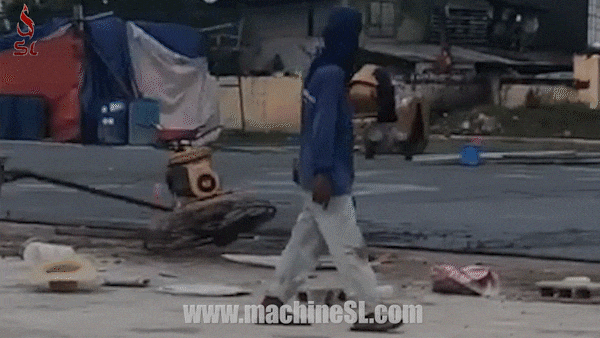
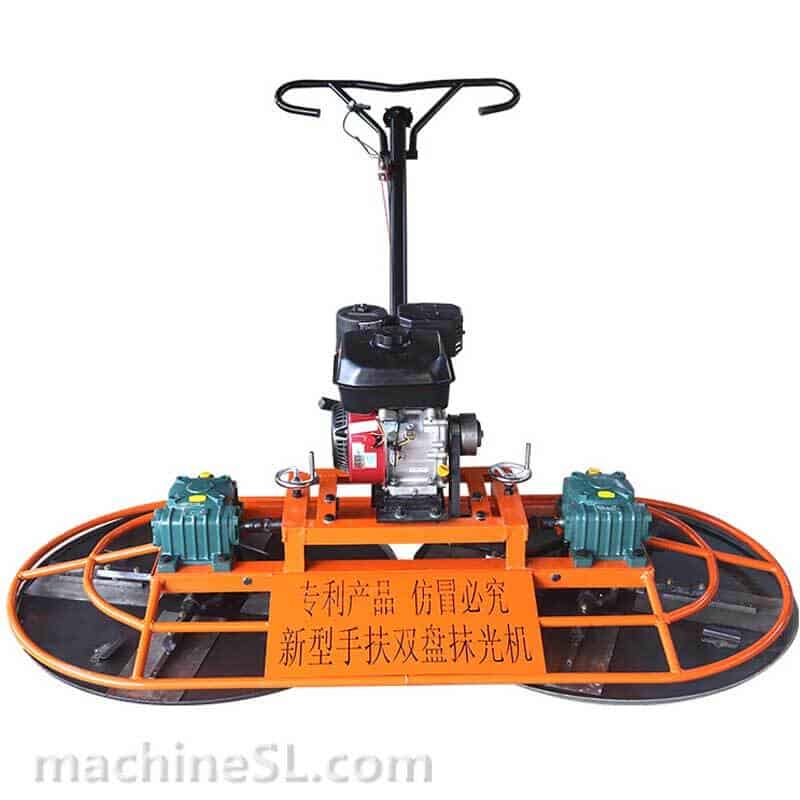
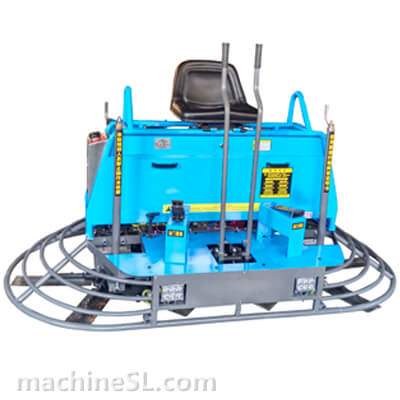
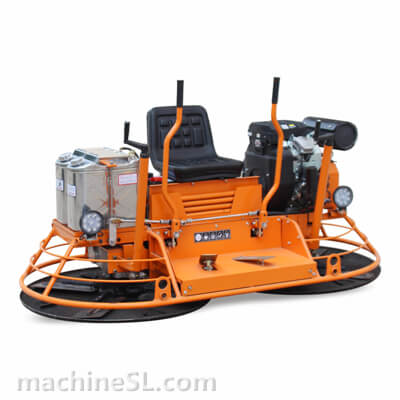
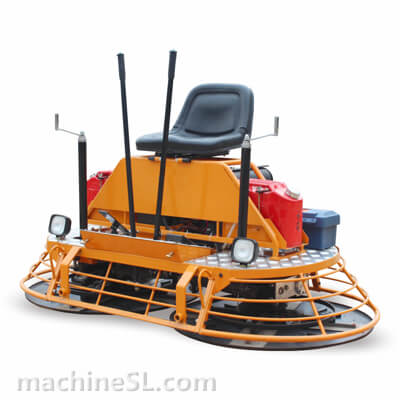
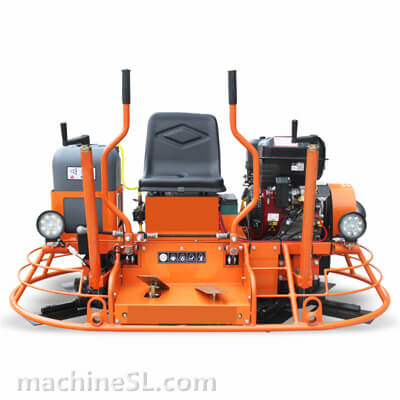
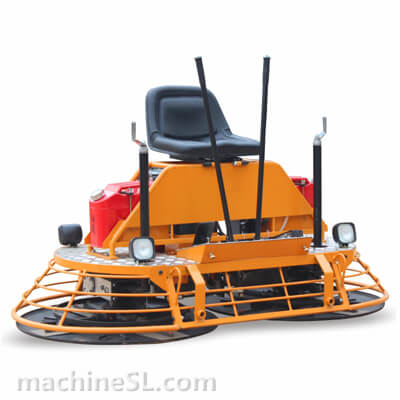
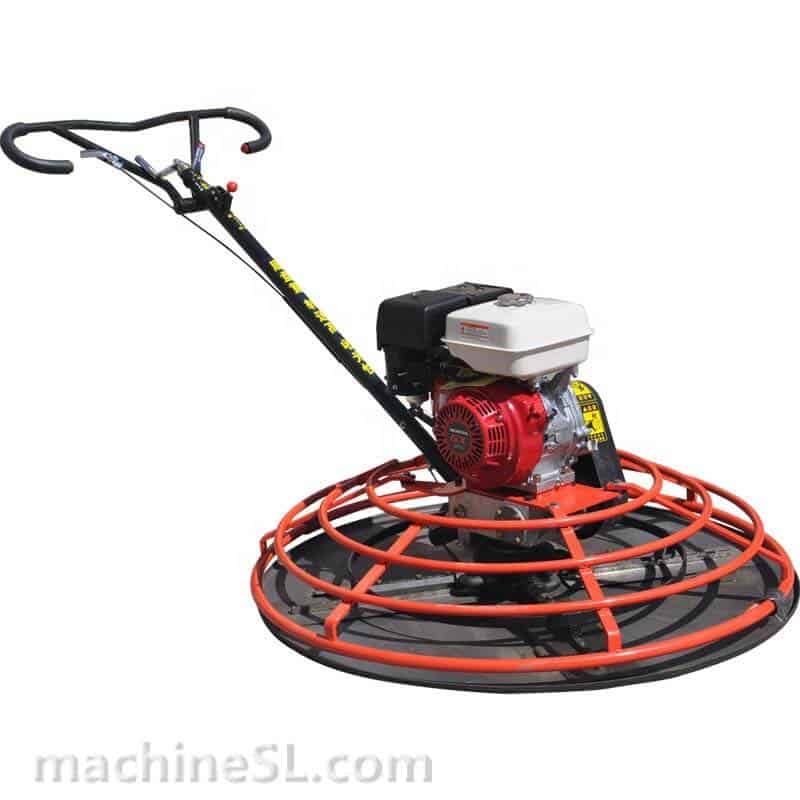
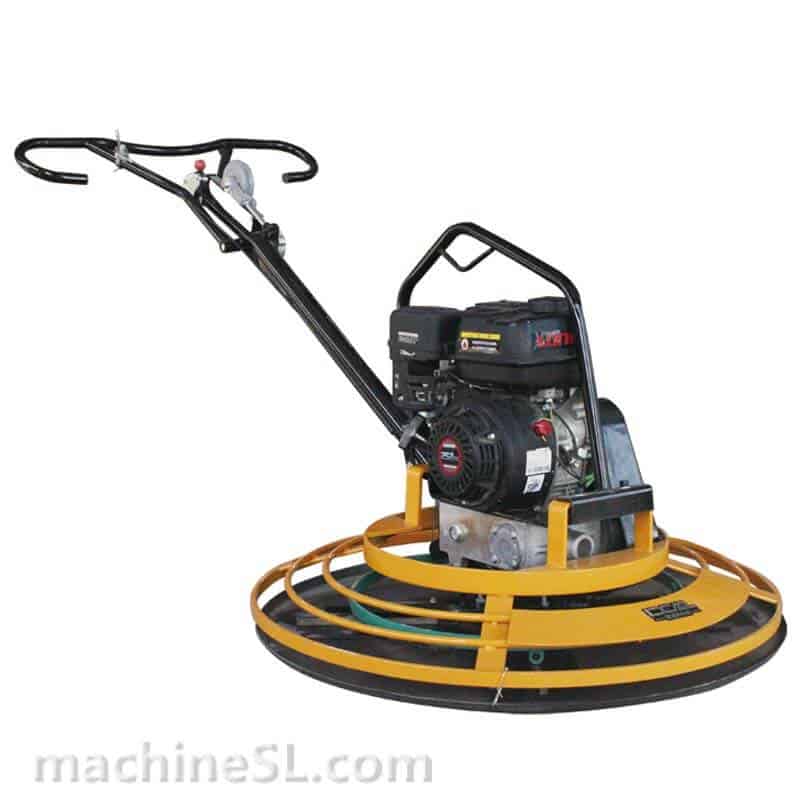
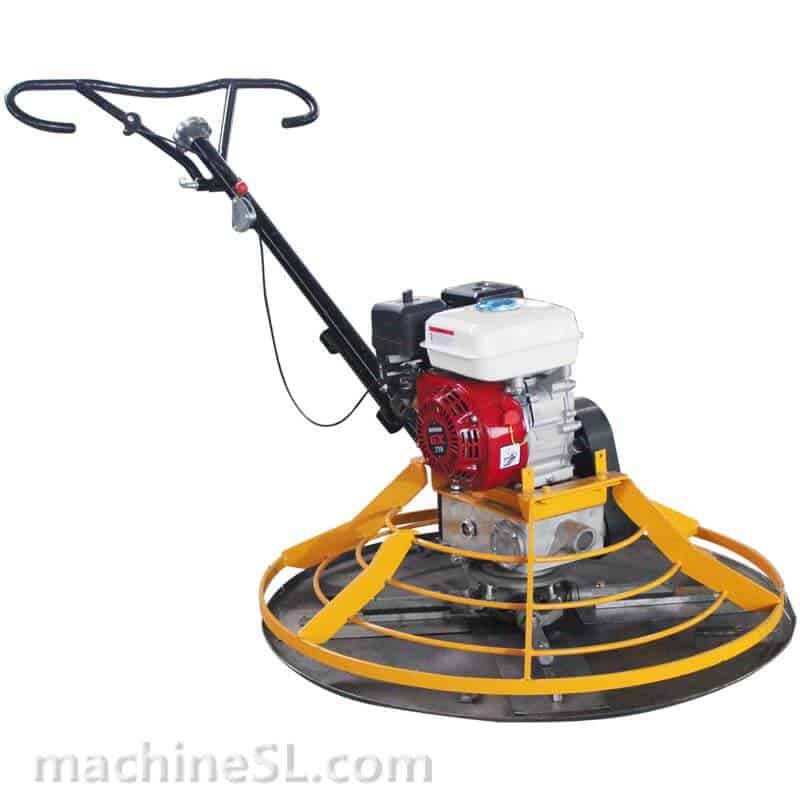
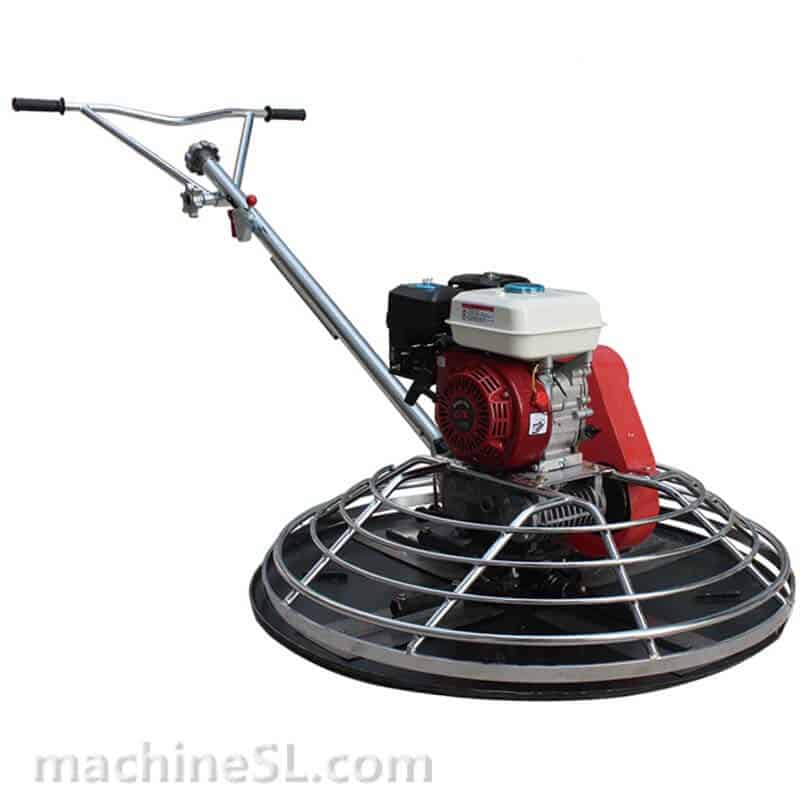
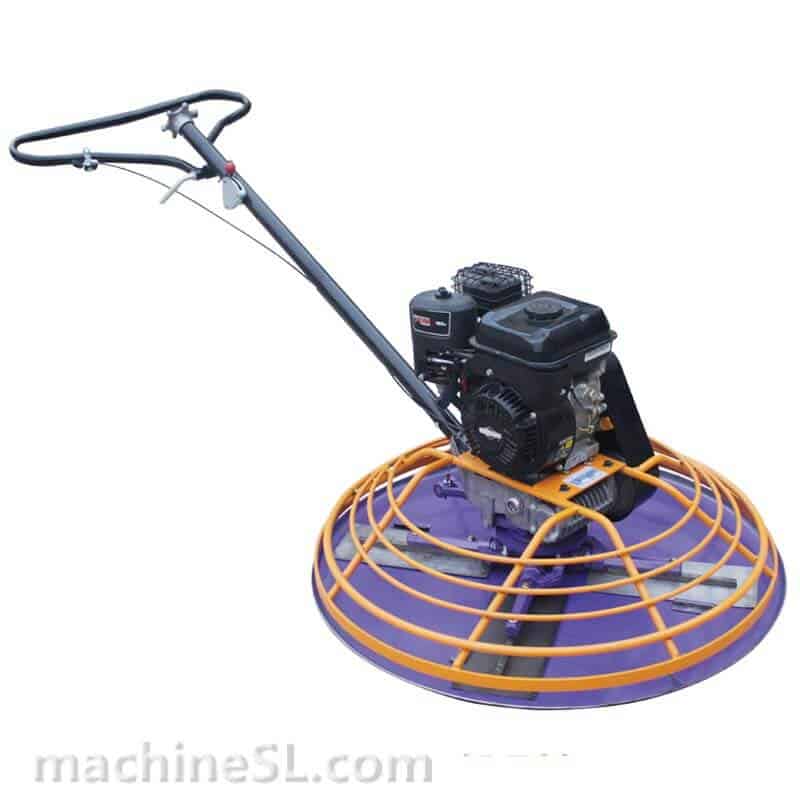
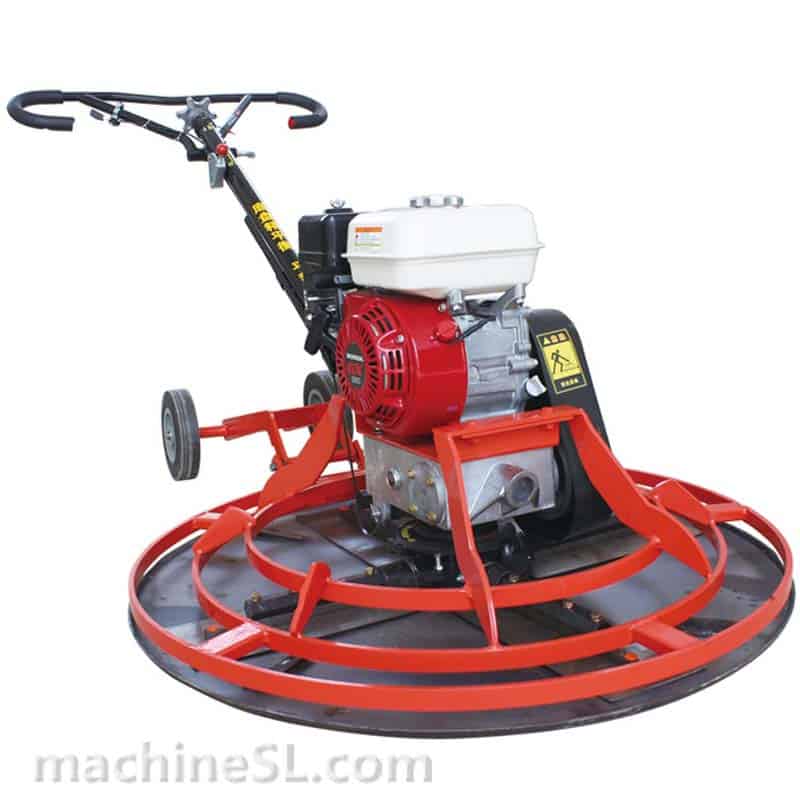
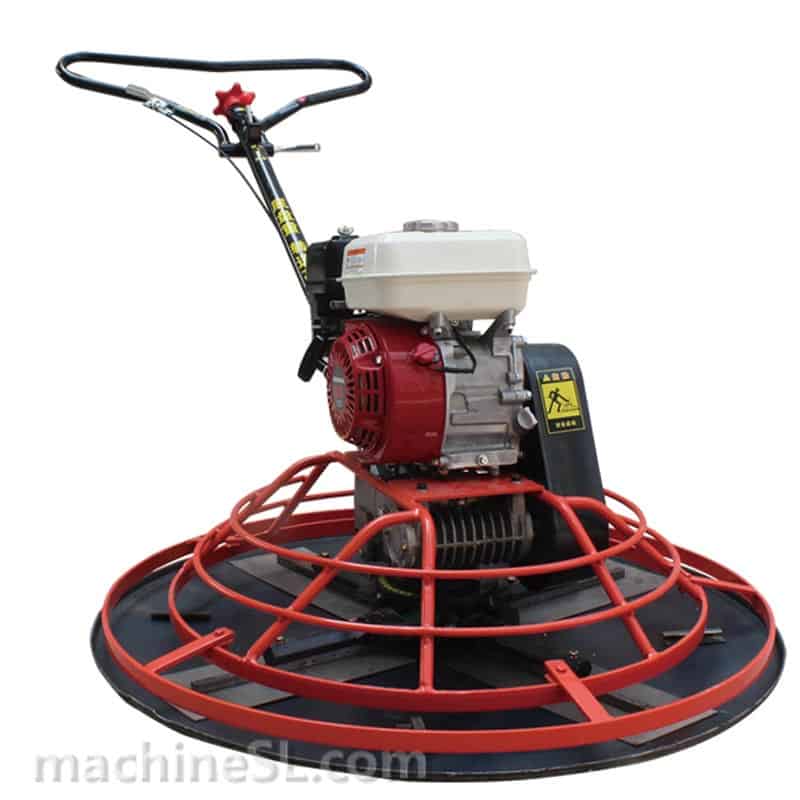
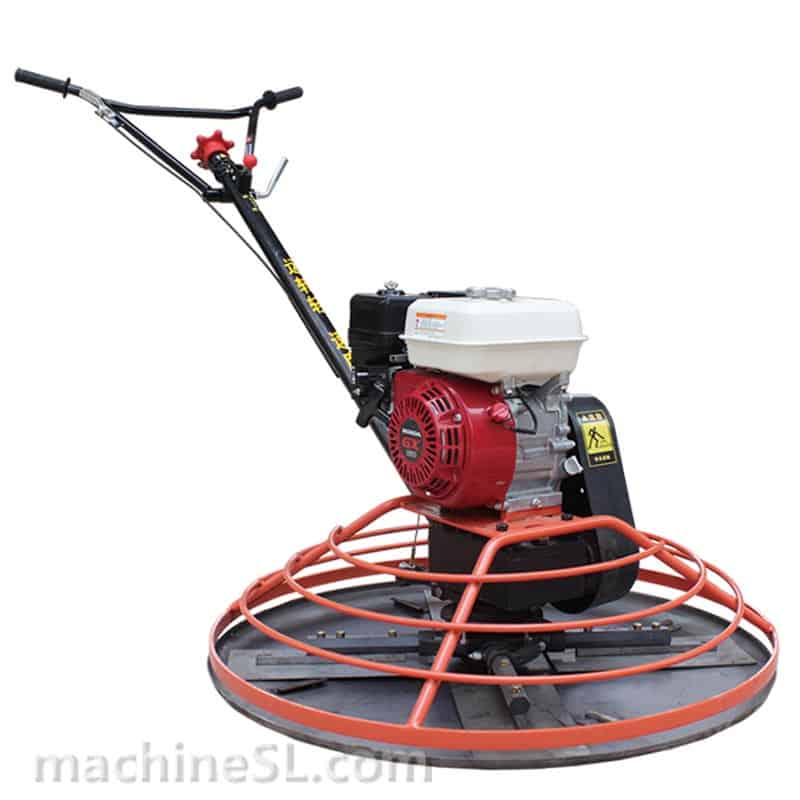
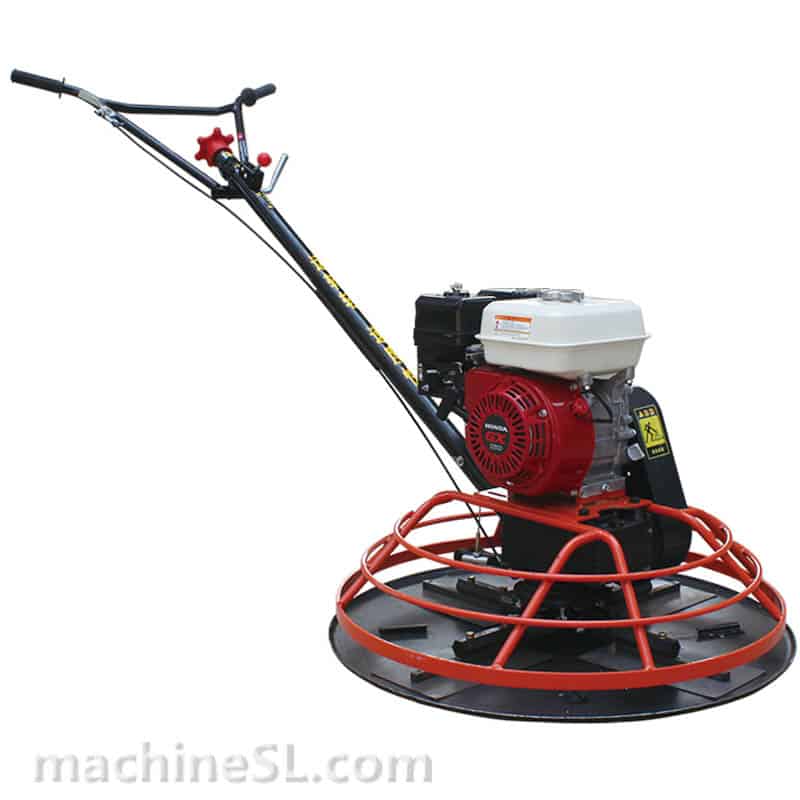
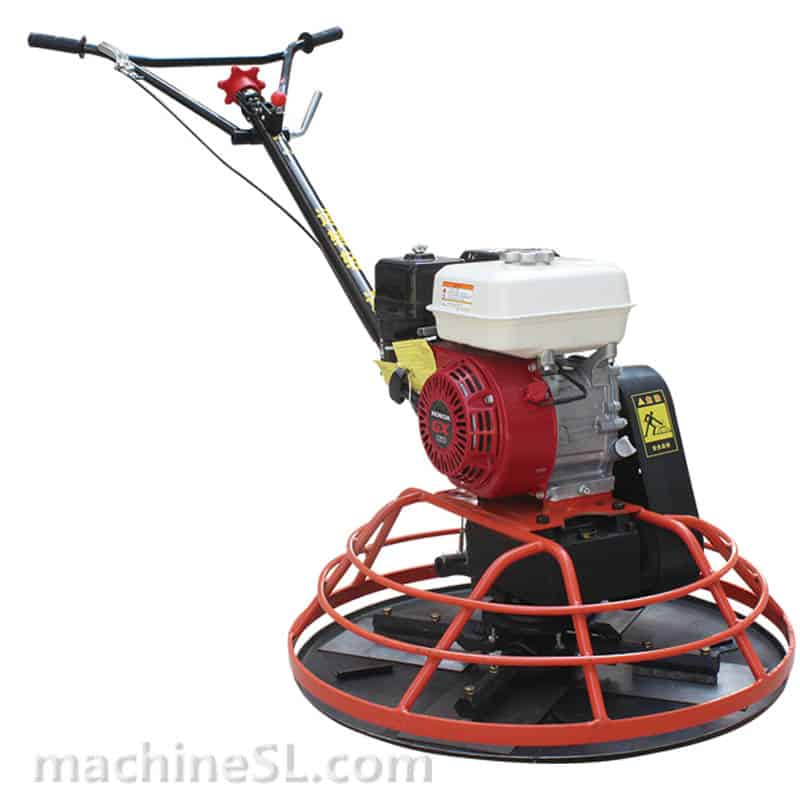
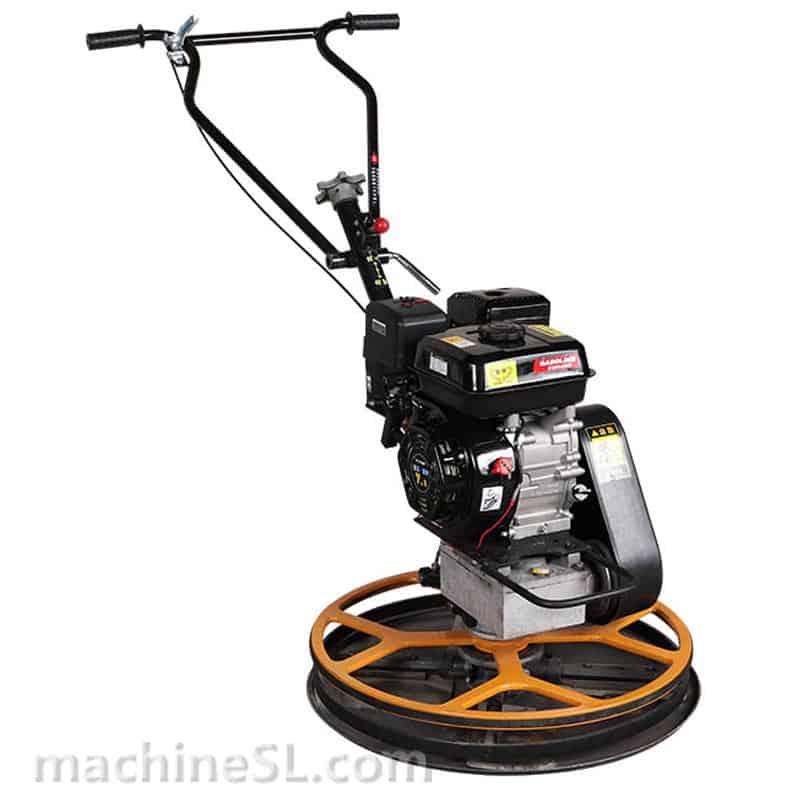
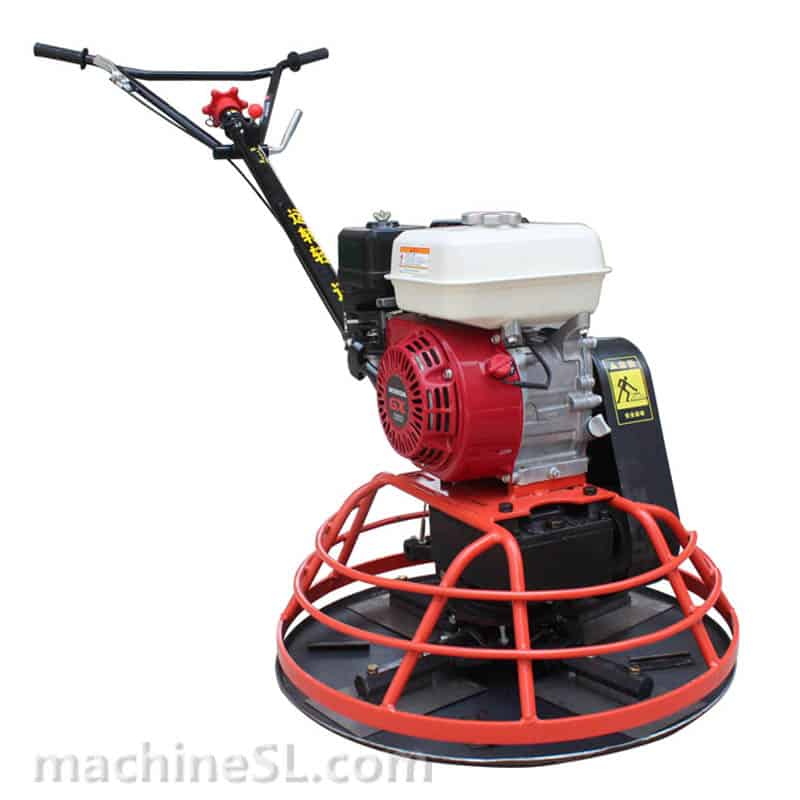
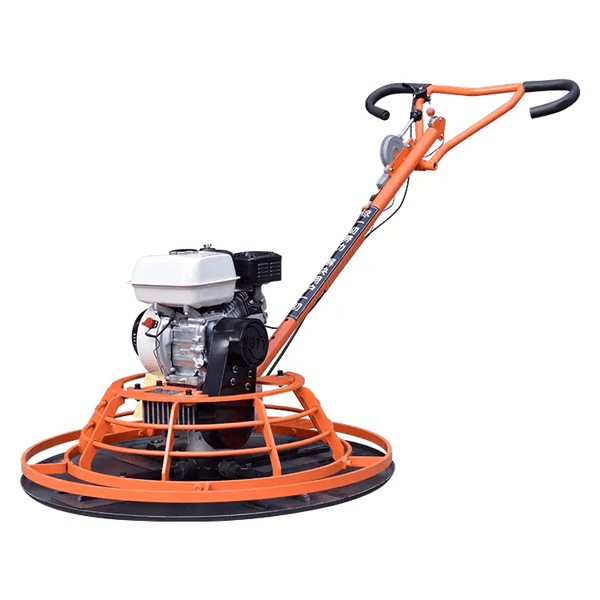
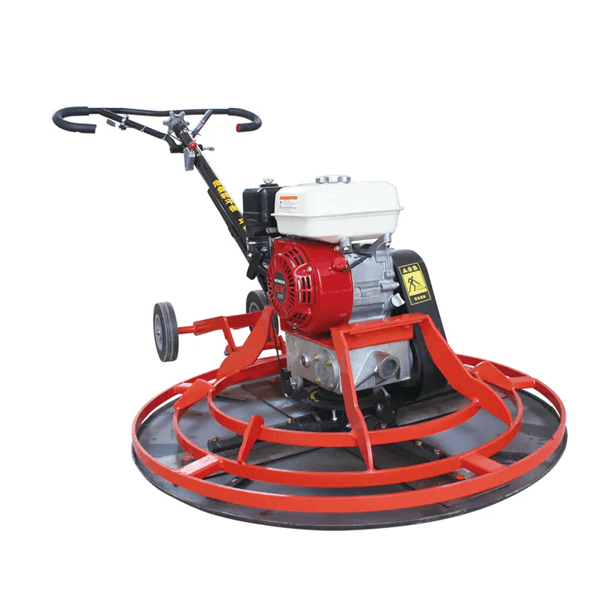
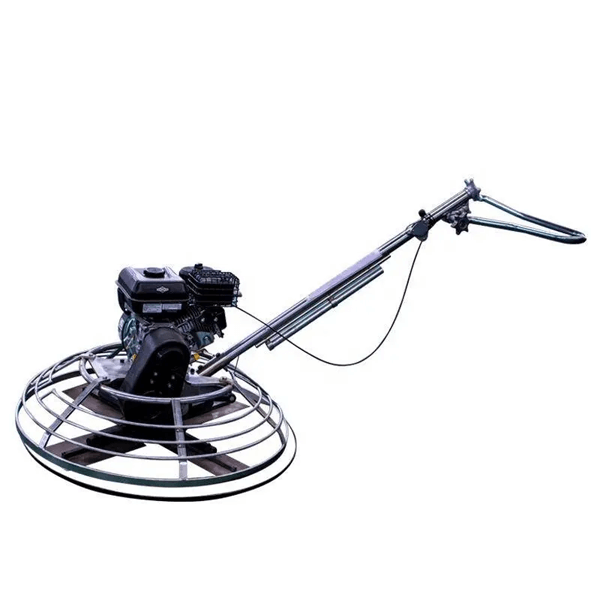
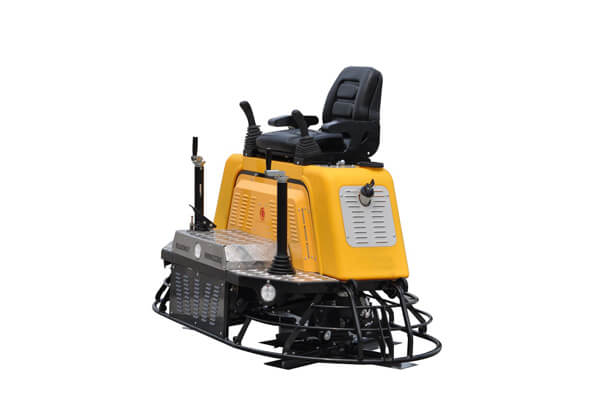
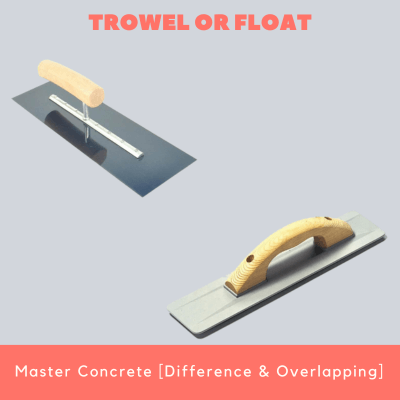
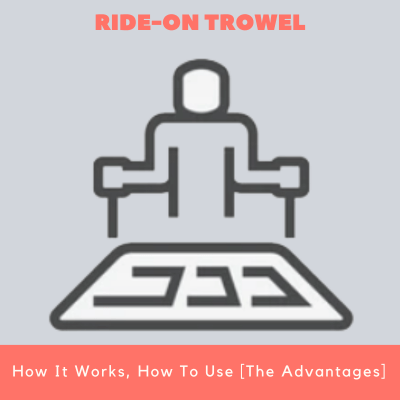
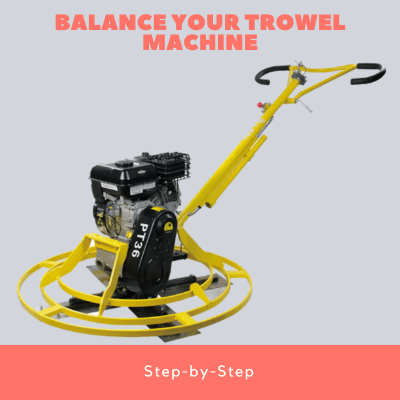
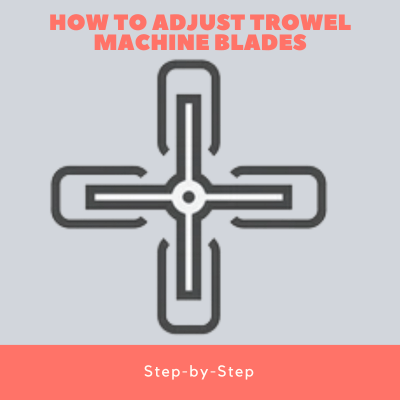
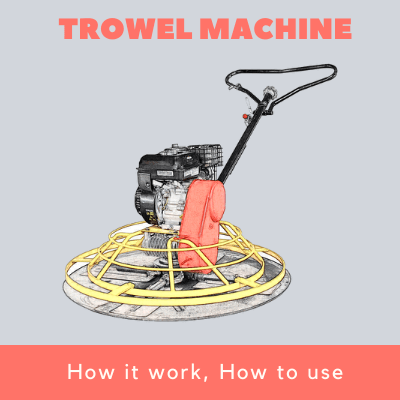
Leave A Comment